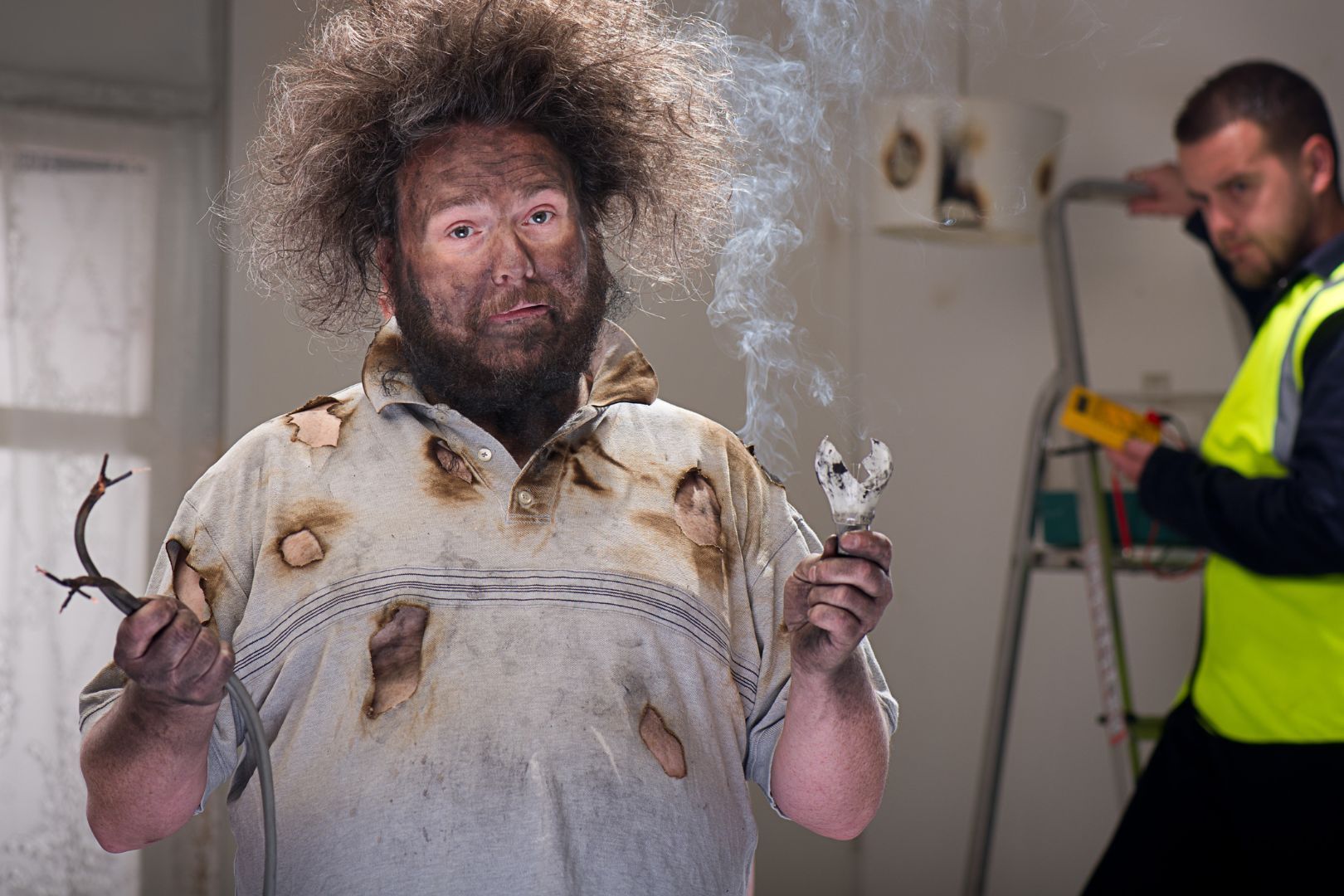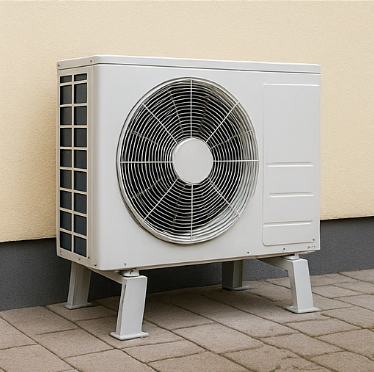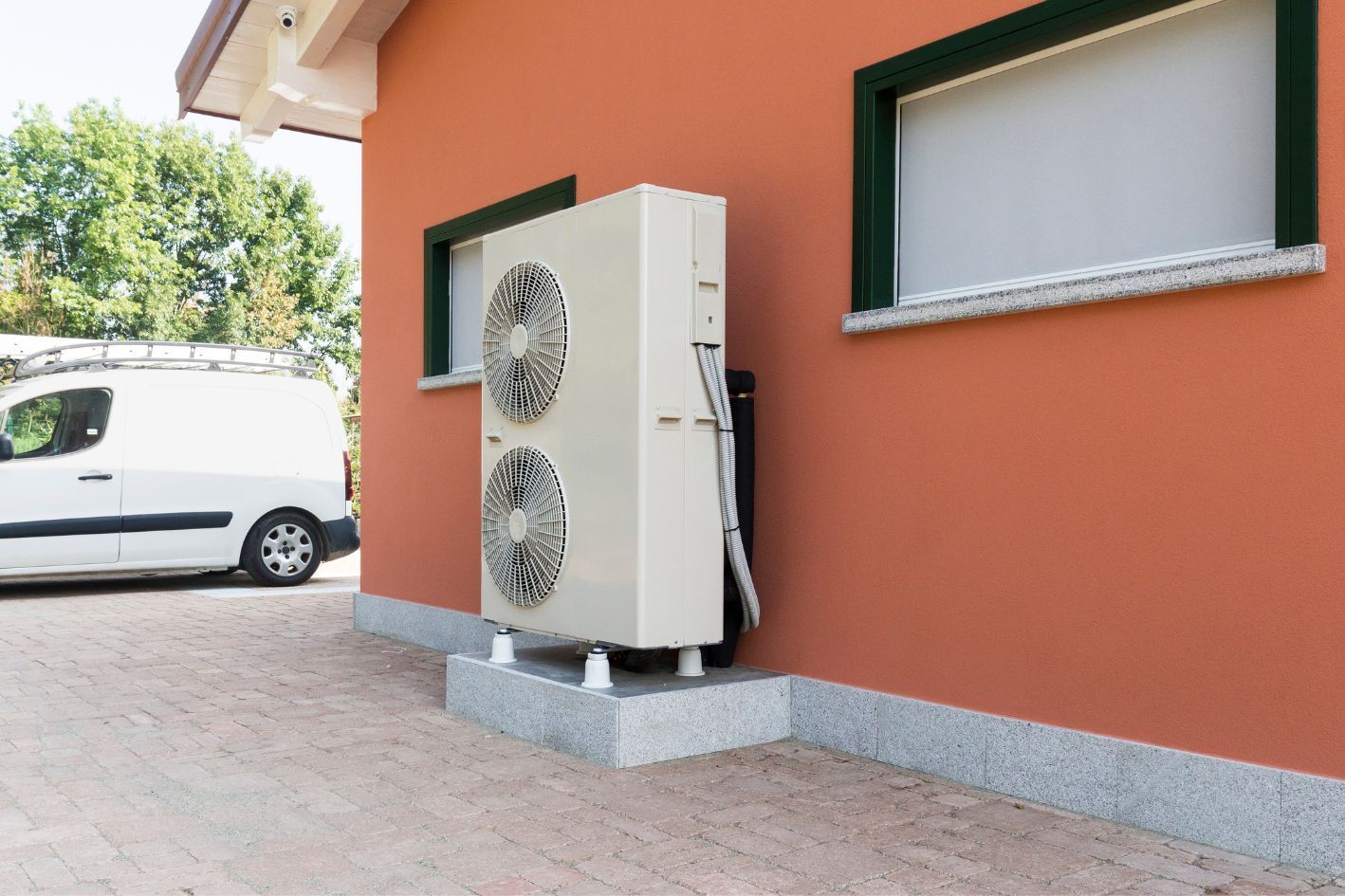DIY Air Source Heat Pump Installation: A Comprehensive Guide

Installing an air source heat pump yourself can be rewarding for homeowners looking to embrace energy-efficient home heating. While professional installation is often recommended, some manufacturers offer DIY-friendly systems for those with technical aptitude. This guide will walk you through the critical considerations for a self-install heat pump project.
An
air-to-water heat pump setup typically consists of an outdoor unit, an indoor unit, and necessary piping and electrical connections. Familiarize yourself with these elements and the specific installation instructions for your chosen system.
Heat pump efficiency
is a primary benefit of these
renewable heating systems. When properly installed, air-source heat pumps can significantly reduce energy consumption compared to traditional heating methods. However, achieving optimal efficiency relies on correct sizing and installation.
While DIY installation can reduce
air source heat pump costs, it's essential to factor in all expenses, including tools and any potential professional assistance you may need. Additionally, long-term savings from improved energy efficiency should be considered when evaluating the overall investment.
Critical steps in the home heat pump installation guide include:
- Selecting an appropriate location for the outdoor unit
- Installing the indoor unit and connecting refrigerant lines
- Setting up electrical connections (may require a certified electrician)
- Configuring the control system
It's important to note that while some aspects of installation can be DIY, specific tasks may require professional involvement. For example, handling refrigerants typically requires certification, and electrical work should be performed by a qualified electrician.
Before proceeding with a self-install heat pump project, check local regulations regarding permits and MCS certification requirements. Some areas may mandate professional installation for warranty and safety reasons.
In conclusion, while DIY air source heat pump installation can be an option for technically inclined homeowners, it's crucial to research and understand the process thoroughly. When in doubt, consult with professionals to ensure a safe, efficient, and compliant installation of your new
energy-efficient home heating system.











